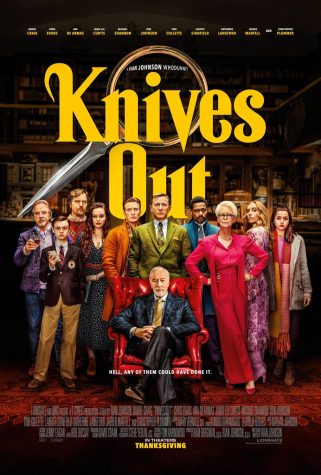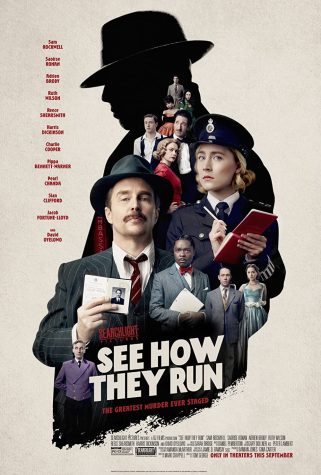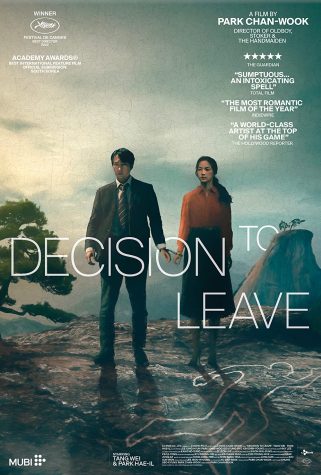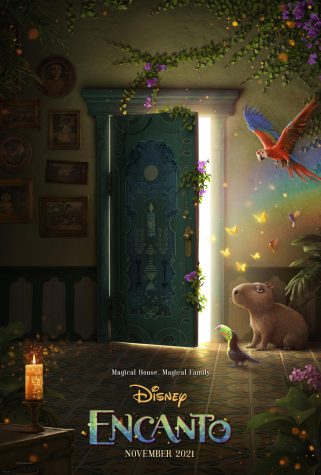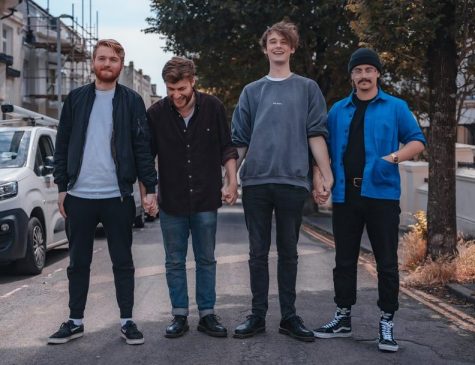The Great Debaters: A Solid Projection with Slight Wavers
Words for Weapons
“Who is the judge?
The judge is God.
Why is he God?
Because he decides who wins or loses, not my opponent.
Who is your opponent?
He does not exist.
Why doesn’t he exist?
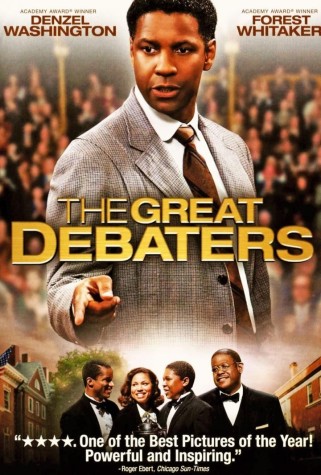
Because he is a mere dissenting voice of the truth I speak.”
In the movie “The Great Debaters” (2007), Wiley College professor Melvin B. Tolson (Denzel Washington) has assembled a debate team of four brilliant young African American students with immense potential: James Farmer, Jr. (Denzel Whitaker), a 14-year-old prodigy in college; Henry Lowe (Nate Parker), a mysterious figure; Samantha Booke (Jurnee Smollett-Bell), the first woman on the debate team; and Hamilton Burgess (Jermaine Williams), a brilliant scholar in history. Tolson’s goal lies in his firm belief that in education lies the knowledge, the power and the goal to make history.
Set during the 1930s, the movie takes place at Wiley College, a small, all-black institution in Texas, seemingly unlikely ever to rise to the top ranks of policy debate. But this fledgling debate team defies racial prejudice to rise in the charts, having an undefeated season. Then, problems begin to arise. The sense of unity that had previously bonded the team together begins to fracture, pressure builds and racial conflicts intensify.
The movie follows two plotlines quite effectively: the team dealing with internal struggles like sexism, jealousy and love affairs while also overcoming the social restrictions and taboos of the Jim Crow South. The actors’ friendship chemistry is remarkable. The last debate against Harvard, the top-ranking, all-white debate team in the country, is delivered with great passion and gusto.
What makes the movie so fascinating is that it is actually based on a true story. In 1935, the Wiley College debate team won the national champions from the University of Southern California and went on undefeated for ten years. All four characters were based on actual members of the team, which made their stories all the more heart-wrenching.
What slightly irks me is that in the movie, they debated Harvard, which is still on a slightly higher level than USC. I would have preferred sticking with the real story to spinning their own story simply for theatrical effect.
Perhaps one of the main problems I find with the film, as a debater myself, would be the lack of authentic debating. The movie supposedly portrays policy debate, which is an evidence-based discussion of real-world policies and their global ramifications. However, the actors make persuasive rhetorical speeches, which, despite being very well-written and delivered, were not bona fide debating. Since this was meant to be a commercial film, though, I’ll let it pass.
Also, I think the plot could have been spun just as effectively as it was with more subtlety because many of the white characters were stereotyped—purposely crude and uncouth or delicate and bookish. In attempting to shed light on one race, the producers slighted the other.
Finally, there were a little too many distracting episodes, such as a brief sex scene, which my parents tell me was rather intense (they made me look away), and gratuitous violent imagery, as well as numerous instances of bad language. I personally feel that these scenes detract from the overall effectiveness and flow of the plot and message.
Overall, the main message still emanates from the heart and works well. “The Great Debaters” is inspirational and uplifting by delivering the lesson that education is the key to changing the world and that nothing can keep you from achieving your dreams. In the words of James Farmer’s father, “We do what we have to do in order to do what we want to do.”
EDITOR’S NOTE: On Nov. 16 at 9:30ish, we split the paragraph starting with “What makes the movie so fascinating” into two, separating the bit beginning with “Whats slightly irks me.” That’s all!


